简体中文
繁體中文
English
Pусский
日本語
ภาษาไทย
Tiếng Việt
Bahasa Indonesia
Español
हिन्दी
Filippiiniläinen
Français
Deutsch
Português
Türkçe
한국어
العربية
Forex Swaps Explained in 5 Minutes – Everything You Need to Know
Abstract:Stumbled over the term forex swap and could not find its meaning, relevance and implication? In this quick guide, we’ll explain forex swaps in the simplest terms possible.
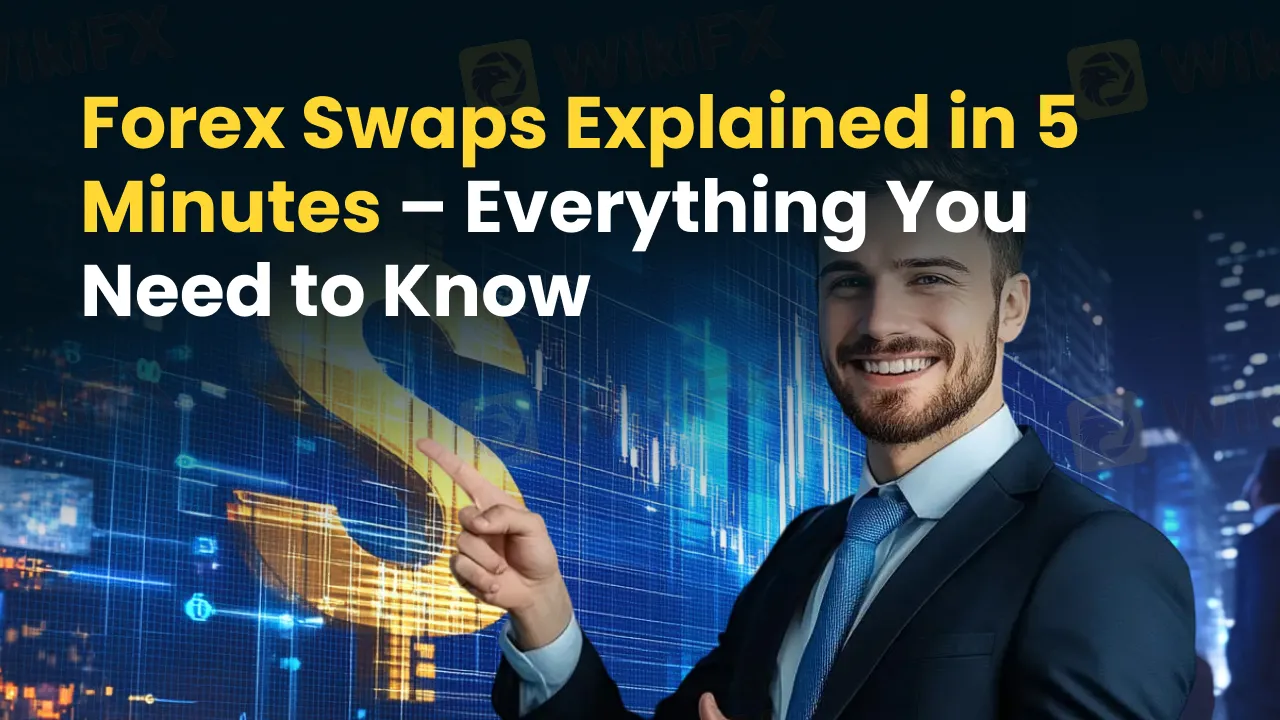
Stumbled over the term forex swap and could not find its meaning, relevance and implication? In this quick guide, well explain forex swaps in the simplest terms possible. So, what is a swap in forex trading? It is simply an agreement made between two foreign parties to swap interest payments on a loan made in one currency for interest payments on a loan in another. It can even involve the exchange of principal amounts. As the agreement concludes, the principal amount would be exchanged back. A swap in forex typically involves a notional principal used for calculating interest. However, it does not get exchanged. To know more about this topic, keep reading!
A Little Background on Swaps in Forex
The most significant purpose behind executing a currency swap agreement is to obtain loans in foreign currency at attractive interest rates than what might be the case when borrowing directly in a foreign market. During the 2008 financial crisis, the US Federal Reserve allowed several liquidity-strapped countries to swap currencies to meet urgent borrowing needs.
Salomon Brothers, an investment banking firm, arranged the currency swap transaction wherein the World Bank and IBM agreed to the very first transaction of this sort in 1981. As part of the transaction, IBM swapped German Deutsche marks and Swiss francs for US dollars to the World Bank.
The execution of forex swaps is done through loans with maturities up to 10 years. These swaps differ from interest rate swaps by involving principal exchanges.
Explaining the Foreign Currency Swap Process
The foreign currency swap, as explained above, is an agreement by which one party pays interest charged on the principal loan amount of another party throughout the agreement tenure. As the swap gets over, the principal amounts get exchanged one more time at the agreed rate. Currency swap rates used to be tied to the London Interbank Offered Rate (LIBOR), an average interest rate used by international banks when borrowing from each other. It is used as a benchmark for other overseas borrowers. Swaps are also benchmarked based on the Secured Overnight Financing Rate (SOFR) from 2023.
Types of Swaps in Forex
Swaps in forex are of many types, which have been explained below.
Fixed for Fixed Currency Swap
In this arrangement, the parties give consent to exchange fixed interest rate payments in two currencies. Commonly used by the two parties seeking predictable interest payments, the arrangement prevents them from facing potential uncertainty arising from interest payment fluctuations due to floating rates.
Fixed for Floating Currency Swap
This arrangement involves different types of interest rate payments from two parties. Here, one party makes fixed interest payments, and another one pays based on the floating rate, such as SOFR. This swap is reflective of a certain payment structure that one party wants, while the other party intends to capitalize on potential interest rate changes.
Floating for Floating Currency Swap
The swap involves the exchange of interest rate payments from both parties based on the prevailing floating rates in their respective currencies. Also called a basis swap, this helps both parties to maximize the potential interest rate movement across different markets.
Amortizing Currency Swap
This swap is designed to reduce the notional amount over time, helping users align with a principal repayment schedule. Whenever the parties seek swap alignment with an amortizing loan, such as project finance, they can enter into this swap agreement. With this, both parties exchange interest payments on reducing principal amounts.
Accreting Currency Swap
This type of swap involves the notional principal rising over time.
Zero-Coupon Currency Swap
A zero-coupon currency swap will have one party paying interest regularly while the other party pays all the interest on maturity.
Reasons Why Investors Use Currency Swaps in Forex
Falling Borrowing Costs
Securing cheaper debt is the common reason why investors opt for currency swaps. For instance, European Company B procures a loan worth $120 million from US Company C. At the same time, US Company C takes a loan worth 100 million euros from European Company B. The $1.2 spot rate, indexed to LIBOR, decides the exchange between these two companies. The companies entered into the contract because it helps them obtain currencies at an attractive rate. If there is an exchange of principal in a currency swap deal, the principal will be exchanged again on maturity.
Falling Exchange Rate Risks
Currency swaps are also used by companies to lower exposure to anticipated exchange rate fluctuations. Usually, these risks arise when companies conduct business globally. So, they would like to hedge such risks by acquiring opposite and simultaneous currency positions. As they no longer require hedging, companies can unfold the swap. The potential losses owing to fluctuating exchange rates can be offset by the profit earned through the swap. As a result, companies continue to operate without any interruption.
Conclusion
Forex swaps are essential financial instruments that offer flexibility, cost-efficiency, and risk management to investors and multinational companies. Whether it's for securing better interest rates, managing currency exposure or structuring long-term funding, currency swaps are a strategic solution to navigate the forex market. Understanding the types, processes and real-world applications of forex swaps, traders can make more informed investment decisions.
Find the Latest Forex Updates on WikiFX Masterminds
Join it by following these simple steps -
1. Scan the QR code placed right at the bottom.
2. Download the WikiFX Pro app.
3. Afterward, tap the ‘Scan’ icon placed at the top right corner
4. Scan the code again.
5. Congratulations, you are part of the community.
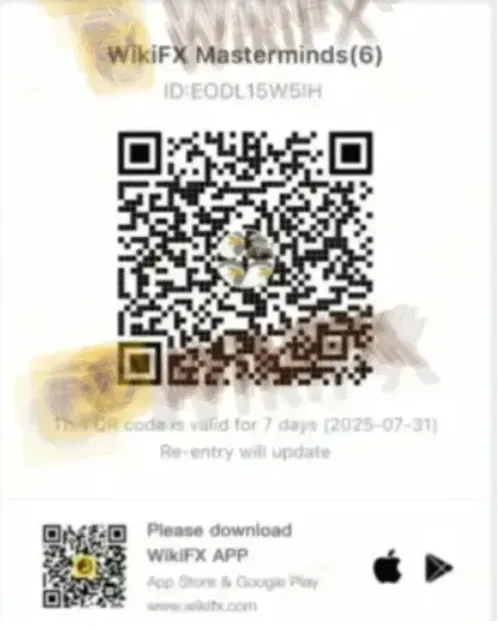
Disclaimer:
The views in this article only represent the author's personal views, and do not constitute investment advice on this platform. This platform does not guarantee the accuracy, completeness and timeliness of the information in the article, and will not be liable for any loss caused by the use of or reliance on the information in the article.
Read more
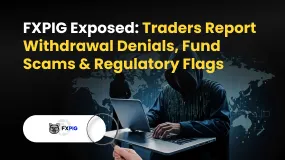
FXPIG Exposed: Traders Report Withdrawal Denials, Fund Scams & Regulatory Flags
Do you face massive losses due to astonishing spreads at FXPIG? Have you witnessed multiple trade executions by the Georgia-based forex broker even though you wanted to execute a single order? Has this piled on losses for you? Is the FXPIG withdrawal too slow? Maybe your trading issues resonate with some of your fellow traders. In this FXPIG review article, we have shared these issues so that you can introspect them thoroughly before deciding on the best forex trader.
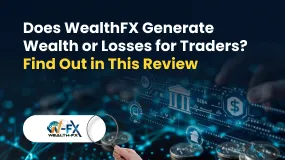
Does WealthFX Generate Wealth or Losses for Traders? Find Out in This Review
The name WealthFX sounds appealing for all those wishing for a rewarding forex journey. However, behind the aspiring name are multiple complaints against the Comoros-based forex broker. These trading complaints dampen the broker’s reputation in the forex community. In this WealthFX review article, we have shared some of these complaints here. Take a look!
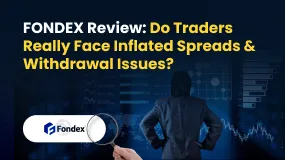
FONDEX Review: Do Traders Really Face Inflated Spreads & Withdrawal Issues?
Does FONDEX charge you spreads more than advertised to cause you trading losses? Does this situation exist even when opening a forex position? Do you witness customer support issues regarding deposits and withdrawals at FONDEX broker? Does the customer support official fail to explain to you the reason behind your fund loss? In this article, we have shared FONDEX trading complaints. Read on!
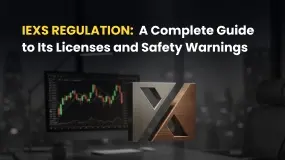
IEXS Regulation: A Complete Guide to Its Licenses and Safety Warnings
When choosing a broker, every trader's biggest concern is safety and trust: is it regulated? For IEXS, the answer isn't simply YES or NO. While the company says it's regulated by trusted authorities, looking closer shows a complicated and worrying situation with mixed evidence and serious risks. What they claim on the surface doesn't match up with official warnings, license problems, and many bad user experiences. This article gives you a detailed, fact-based look into IEXS regulations, breaking down their official licenses, what their trading platform is really like, and real stories from traders who have used it. Our goal is to give you the facts so you can make a smart decision about keeping your money safe.
WikiFX Broker
Latest News
The Debt-Reduction Playbook: Can Today's Governments Learn From The Past?
Trillium Financial Broker Exposed: Top Reasons Why Traders are Losing Trust Here
FIBO Group Ltd Review 2025: Find out whether FIBO Group Is Legit or Scam?
Amillex Withdrawal Problems
Is INGOT Brokers Safe or Scam? Critical 2025 Safety Review & Red Flags
150 Years Of Data Destroy Democrat Dogma On Tariffs: Fed Study Finds They Lower, Not Raise, Inflation
CQG Partners with Webull Singapore to Power the Broker’s New Futures Trading Offering
【WikiEXPO Global Expert Interviews】Ashish Kumar Singh: Building a Responsible and Interoperable Web3
Trump: India\s US exports jump despite 50% tariffs as trade tensions ease
IEXS Review 2025: A Complete Expert Analysis
Currency Calculator




